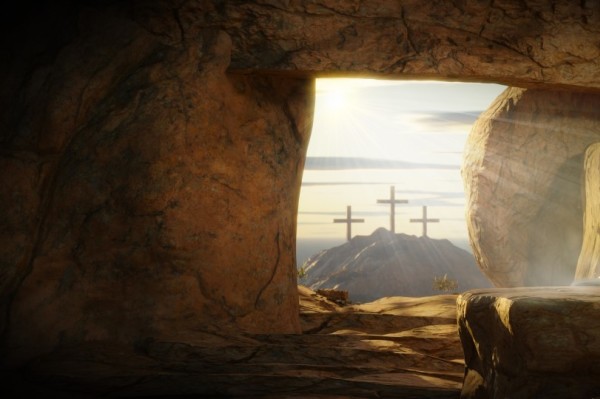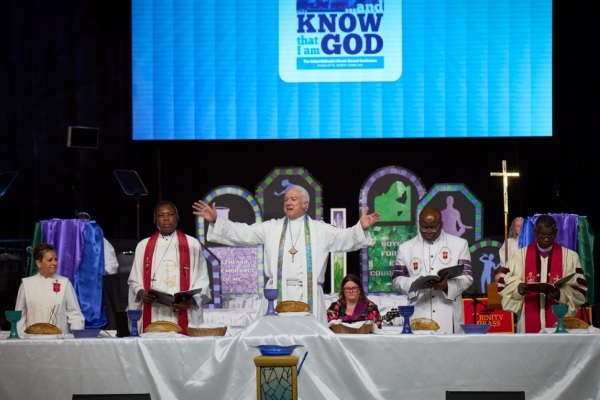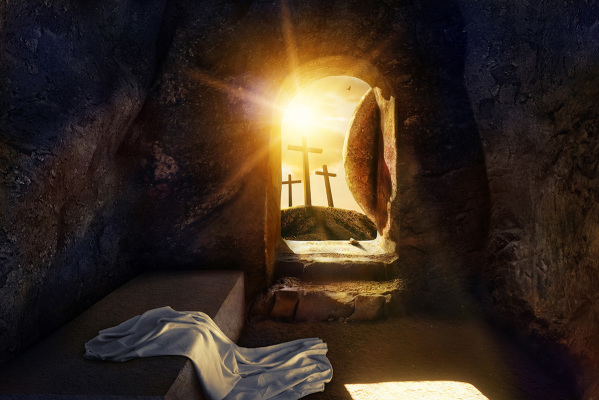Teaching Us to Give Thanks in All Circumstances
How would you like to set yourself up for almost guaranteed disappointment? Despite how much good you do, if you expect gratitude from other human beings, you will often be let down.
One time Jesus healed ten lepers, but only one came back to say, "Thank you," and he was of a despised race. (He was a Samaritan. They were hated because they were half-breeds). In that day, to have leprosy was a kiss of death, and He gave them a totally new lease on life. Yet only one (10 percent) came back to thank Him.
If that's how they treated Jesus, why should we expect more? Unfortunately, ingratitude is often the norm. Fyodor Dostoyevsky once labeled man as "the ungrateful biped."
"Give a man everything he wants," declared Immanuel Kant, "and at that moment, everything will not be everything."
Yet here we are on the eve of a new Thanksgiving – one of the best times of the year. It's great to be reminded of our nation's rich spiritual heritage; a national, annual holiday (with an interesting history) has been set aside to thank God for His many blessings.
So often it's tempting to be thankless, as we think about all our problems – including the poor economy, the setback in biblical morality in the culture at large, challenges for the future, etc.
If we're tempted to hold back our thanksgiving during this Thanksgiving, we should remember the difficulties faced by those who initiated the tradition.
The Pilgrims who founded Plymouth gave thanks and held their day of Thanksgiving (actually three days of Thanksgiving) after God had blessed them with their first harvest in November 1621. They did this, despite the fact that nearly half their number had died within the first few months of arriving on these shores the winter before.
The leader of the Pilgrims declared, "Therefore, I, William Bradford…governor of Plymouth, say – through virtue of vested power – ye shall gather with one accord, and hold in the month of November, thanksgiving unto the Lord."
Jump ahead to the first year of the new nation under the Constitution. On October 3, 1789, from the city of New York (our nation's capital at the time), President George Washington issued a Proclamation of a National Day of Thanksgiving.
Said Washington: "Whereas it is the duty of all nations to acknowledge the Providence of Almighty God, to obey His will, to be grateful for His benefits, and humbly to implore His protection and favor…Now, therefore, I do recommend and assign Thursday, the twenty-sixth day of November next, to be devoted by the People of these United States to the service of that great and glorious Being, who is the beneficent Author of all the good that was, that is, or that will be; That we may then all unite in rendering unto Him our sincere and humble thanks…"
While Washington was the first president to declare a national day of Thanksgiving, President Lincoln was the first one to make Thanksgiving an annual holiday. The Civil War was one of the darkest periods in American history. However, on October 3, 1863, President Lincoln (in conjunction with Congress) made his Thanksgiving Proclamation.
Said Lincoln: "The year that is drawing towards its close, has been filled with the blessings of fruitful fields and healthful skies. To these bounties, which are so constantly enjoyed that we are prone to forget the source from which they come, others have been added, which are of so extraordinary a nature, that they cannot fail to penetrate and soften even the heart which is habitually insensible to the ever watchful providence of Almighty God."
"Filled with blessings…"? With so many dead Americans on both sides of the conflict?
"…of fruitful fields…"? How many of those fields contained the mangled corpses of young soldiers from North and South?
"…healthful skies…"? How many of those skies had exploded with cannon fire or crackling rifle shots?
Lincoln went on to acknowledge the "civil war of unequaled magnitude and severity," yet despite it all, he looked for the good – even the fact that "harmony has prevailed everywhere except in the theatre of military conflict."
He ends, "I do, therefore, invite my fellow citizens in every part of the United States, and those who are sojourning in foreign lands, to set apart and observe the last Thursday of November next as a day of Thanksgiving and Praise to our beneficent Father who dwelleth in the heavens." As an American holiday, Thanksgiving was born in difficult circumstances.
Last year, on Thanksgiving I ran a 10k in Miami with thousands of others. One of them blew me away with his positive attitude. He had no legs; he had his torso on a skateboard, and he used very thick gloves as he pulled his way through the 6 miles. I got to speak with him briefly after the run, and I found he had been born that way. But he didn't let that impediment stop him. He has even participated in marathons, and he has an attitude of gratitude through it all.
The late Dr. D. James Kennedy, my long-time pastor, once called gratitude "the Christian's magic wand," because it can transform everything – above all, those who give thanks. Thanksgiving is a wonderful holiday – that should be celebrated year round.






















